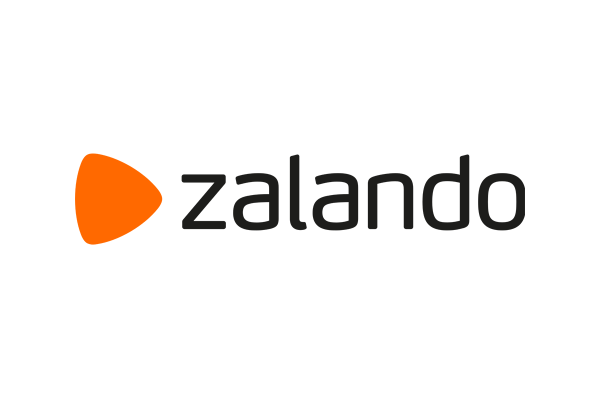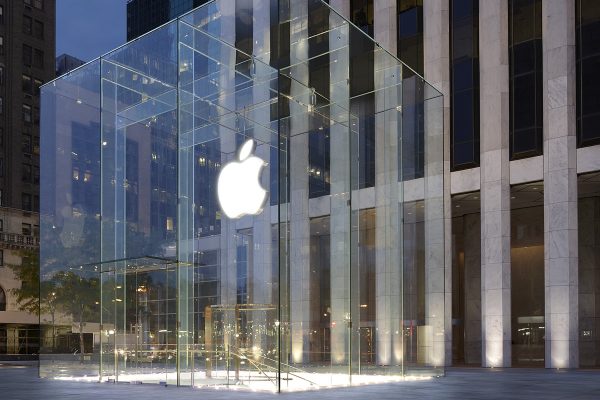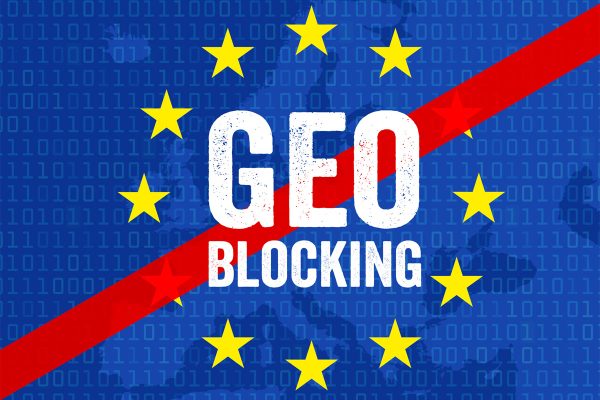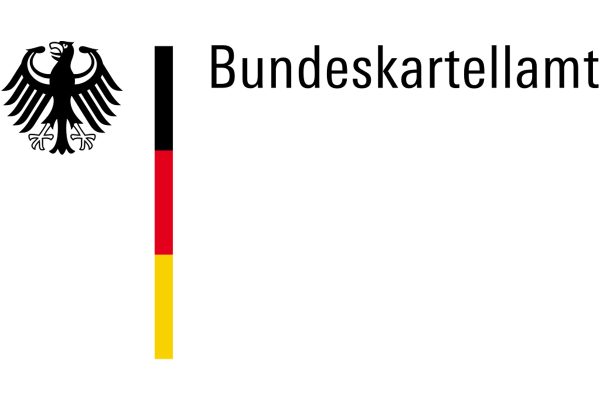While half the country sat down this Sunday to watch Andy Murray lose at Wimbledon there was one point few watching him play would be aware of. Not too many would take note of the Adidas logo on Andy Murray’s chest and equally the Nike logo on Roger Federer’s kit wouldn’t be the most important thing on your mind.
The difference between the two however, is that in 2013 you’ll still be able to buy Nike products on eBay, Amazon and other marketplaces but Adidas brands are due to disappear at the end of 2012.
According to the German Markt Intern, Adidas are to prohibit their retail distribution network from listing products on online marketplaces and online sales will only be allowed on approved websites. The new vertical restraints on Adidas products come into effect on January 1st 2013 and also covers the Reebok brand.
Adidas appear to want to control the environment in which their products are sold in and to ensure a brand friendly presentation. Personally I don’t quite see this – whilst Adidas is a great name in sport, it’s hardly at the top of the tree as far as designer products go. Shopping in your local pile it high sell it cheap Sports Direct might be great for buying some sports apparel at a knock down price but it’s not exactly a premium shopping experience.
Sports Direct is just the sort of outlet that attracts mass sales, just like eBay’s 17 million monthly online customers in the UK. For a mass market product is it really worth cutting off the marketplaces? Brands like Londsdale must be rubbing their hands in glee at the extra sales they’ll get when Adidas pull the plug.
The big question is who will the ban affect? Obviously official retailers will probably toe the line, but what about all of the non-direct retailers selling Adidas and Reebok goods on marketplaces? Amazon themselves sell Adidas brands direct so they’ll probably have to stop, but how far will Adidas go to prevent sales of their goods on marketplaces?
Will they use cease and desist letters? Will Adidas abuse the eBay VeRO program (which is intended to prevent the sales of fakes)? What will happen to the sellers of official Adidas football kits and other sporting clothing. Will you be able to buy an Adidas Tennis shirt on eBay after seeing Andy Murray play in a Wimbledon final wearing one.
Currently Adidas are being very tight lipped about the new policy which to be fair is still six months off coming into effect. If you’ve got any Adidas or Reebok products in stock we’d suggest you unload them by the end of the year and if you’re sourcing anywhere other than Adidas it’ll be interesting to see what happens to the 100,000 odd products banned from eBay and Amazon.










9 Responses
This has just reminded me of all the adidas bags I used to see in the school playground. Are they still popular today?
Does this affect used items or is it just new?
Can a company legally prevent you from selling their products?
This is pretentious insanity. Any retailer trying to heighten their brand perception online — especially a brand like Adidas — by disallowing sales, will ensure increased piracy. On the other hand, if the goal is to identify piracy, they may do that, but the buying public doesn’t know or care, so what will they gain? They are creating an environment wherein their brand will be watered down not by their association with mass market retailers, but by the counterfeiters who capitalize on their refusal to sell through these mass-market outlets. Truly, any company trying to manage their brand through their selling channel is living in the dark ages. The internet is where the truth is discovered, ugly or not, and there are clearly some knee-jerk morons at Adidas who think they can solve one or more problems (be it counterfeits, brand perception or margin-robbers) by disallowing sales. Here’s what they will get: drastically reduced production numbers, drastically reduced sales, and brand piracy they have no control over.